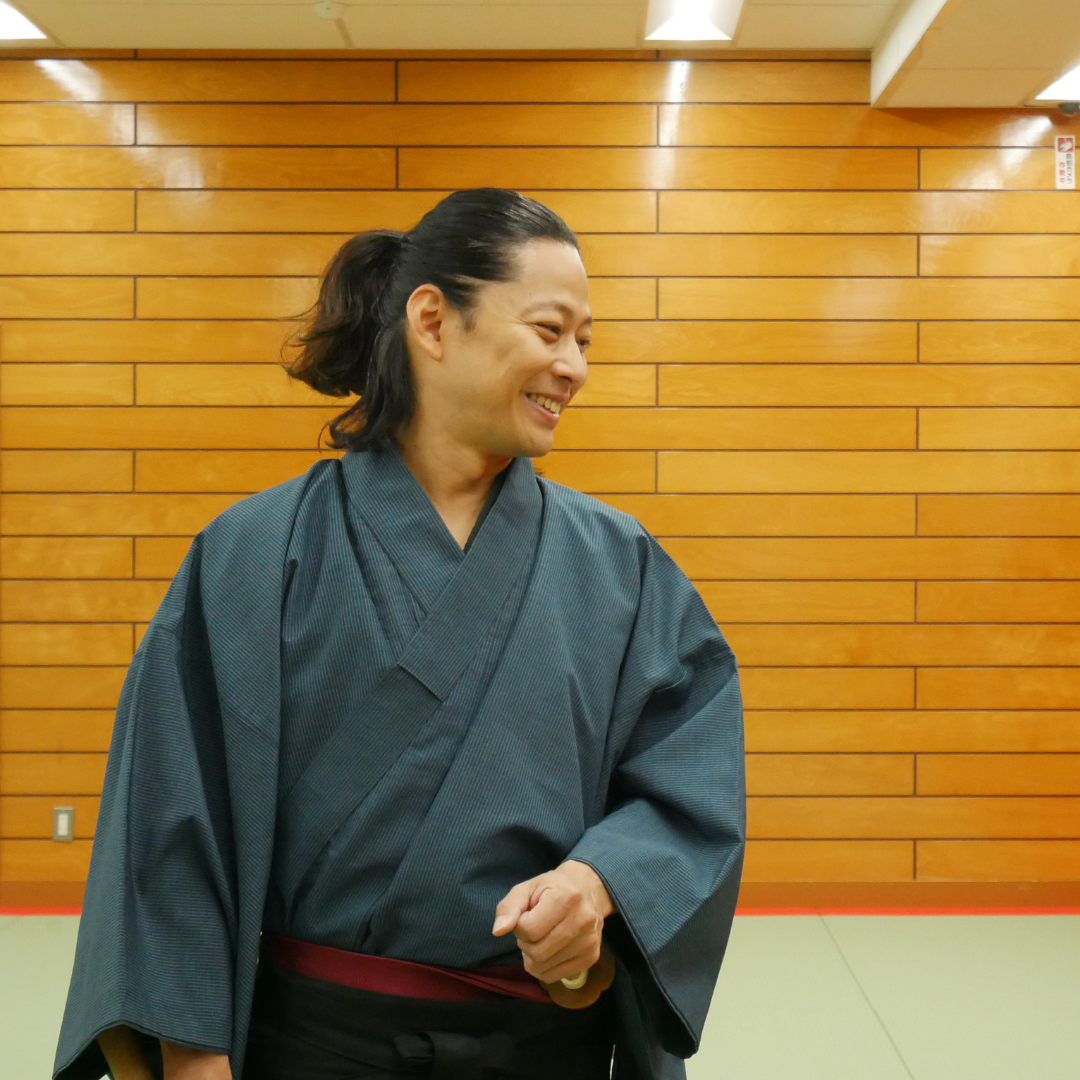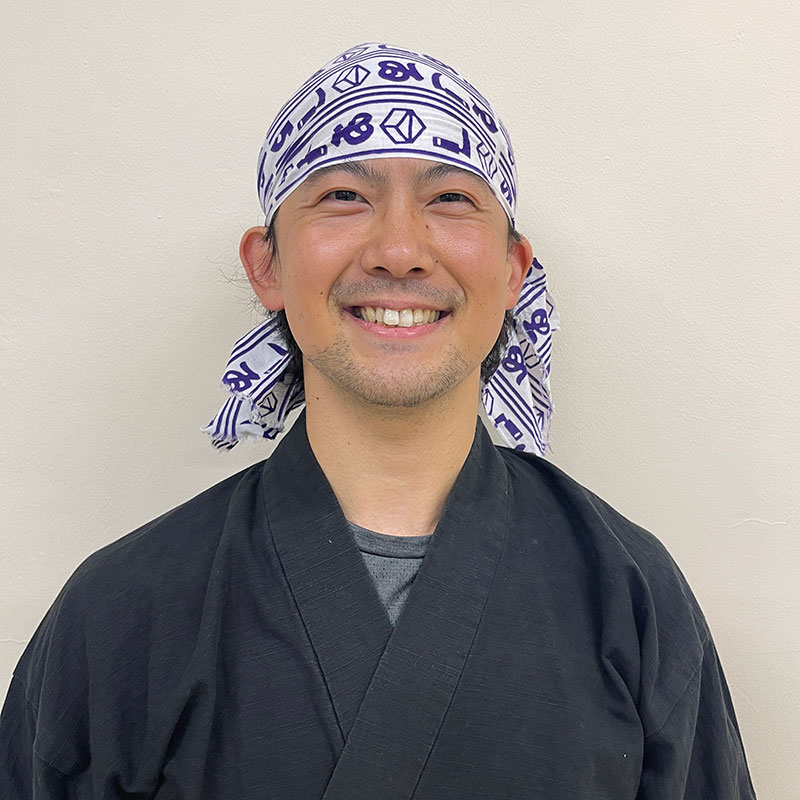About Tokyo Samurai Adventure ICHI
Based in Tokyo, we share captivating insights into the world of Samurai and Ninja.
We bring the world of Samurai culture to life in Tokyo. Our mission is to create unique and exciting entertainment that truly reflects Japanese traditions. We offer various Samurai tours in Tokyo, so step into the world of the Samurai and experience the essence of Japan like never before!
We are experts in Tate. The genre of Tate may be somewhat difficult to understand. It is not Kendo, nor does it involve actual cutting. What we portray is the samurai of the Edo period.
After Tokugawa Ieyasu unified Japan in the Battle of Sekigahara in 1600, peace was established, and samurai no longer needed to fight. As a result, they shifted from warriors to bureaucrats. However, we believe that the samurai spirit, which values etiquette and respect, remains deeply rooted in Japanese culture.
What we want to convey through Tate is not the image of samurai from the Warring States period, but the spirit of Bushido as practiced by the peaceful Edo-period samurai—where honor, respect, and self-discipline were central.
“Begin with respect, end with respect.” To help participants experience this samurai etiquette, our Tate class starts with meditation to calm the mind. We aim to pass down the culture of Tate accurately to future generations.

Dai
The representative of the Samurai performance team “KATANAYA ICHI“
As preservers of Japanese culture, we perform non-verbal samurai shows around the world. So far, we have showcased our performances in 26 cities across 15 countries, offering sword-fighting experiences designed to engage all five senses.
After visiting many countries and receiving so much support from people around the world, I felt a strong desire to give back to the foreign visitors coming to Japan. This led me to create a photo studio inside a historic Taisho-era Japanese house, located in Tsukishima, Tokyo.
Through our unique omotenashi (Japanese hospitality), we aim to share the beauty of Japanese culture and bring joy to both international visitors and the local community.

Kume
An experienced actor, he joined the sword-fighting team “KATANAYA ICHI” in 2012 and has performed in numerous stage productions featuring swordplay.
On stage, he demonstrates a steady and reliable presence as a “kirareyaku” (an actor who specializes in being cut down in sword fights). In the classroom, he teaches a wide range of students, from seniors in their 60s and 70s to children. He is especially highly praised for his instruction of beginners.
With his kind and attentive personality, he is a mood-maker loved by many members.
Samurai Ajito
Samurai Studio ICHI
2-15-3 Tsukuda, Chuo-ku, Tokyo 104-0051, Japan
ICHIMILE Co., Ltd.
Company
| Company Name | ICHIMILE |
| Address | 3-4-12 Tsukuda, Chuo-ku, Tokyo, 502 |
| Description | As a Japan-based entertainment company, we discover, train, and manage artists and performers who can succeed on a global stage. Our leading act is the sword-fighting performance group KATANAYA ICHI, which has performed in over 15 countries worldwide. In Tokyo, we operate a sword-fighting school and run ichi Studio, a traditional Japanese house-turned-film studio. We also host samurai tours for international visitors. |
| President | Dai Mizuno |
| Establish | December 28, 2020 |
| Affiliation | Chuo City Tourism Association |
Management
| Company Name | Yorimichi LLC |
| Description | Website development and operation、Digital marketing、Study abroad business |
| President | YOshifumi Nakatani |
| Establish | August 30, 2017 |